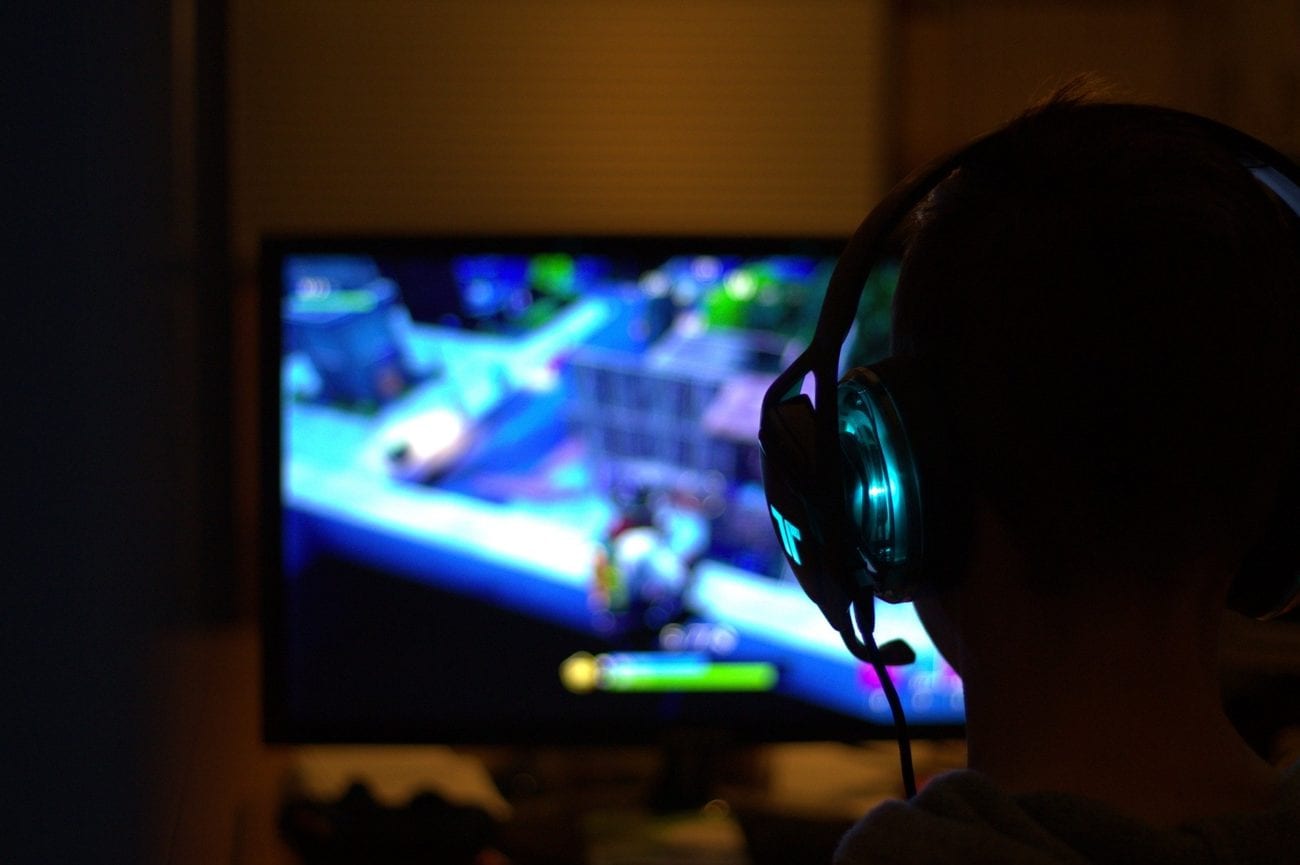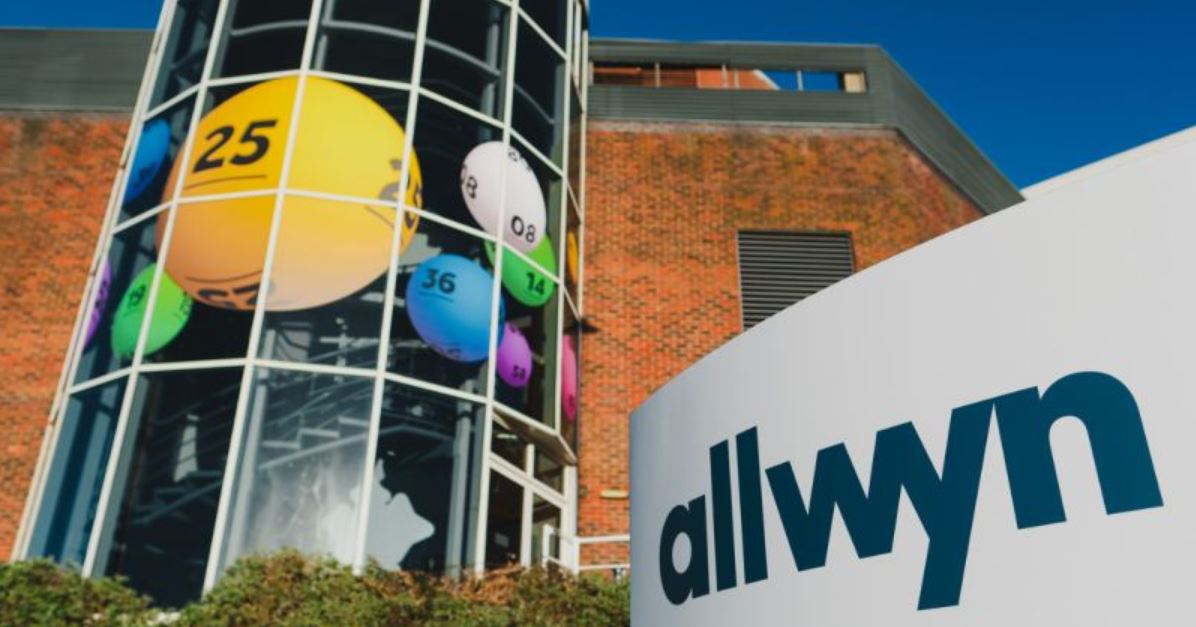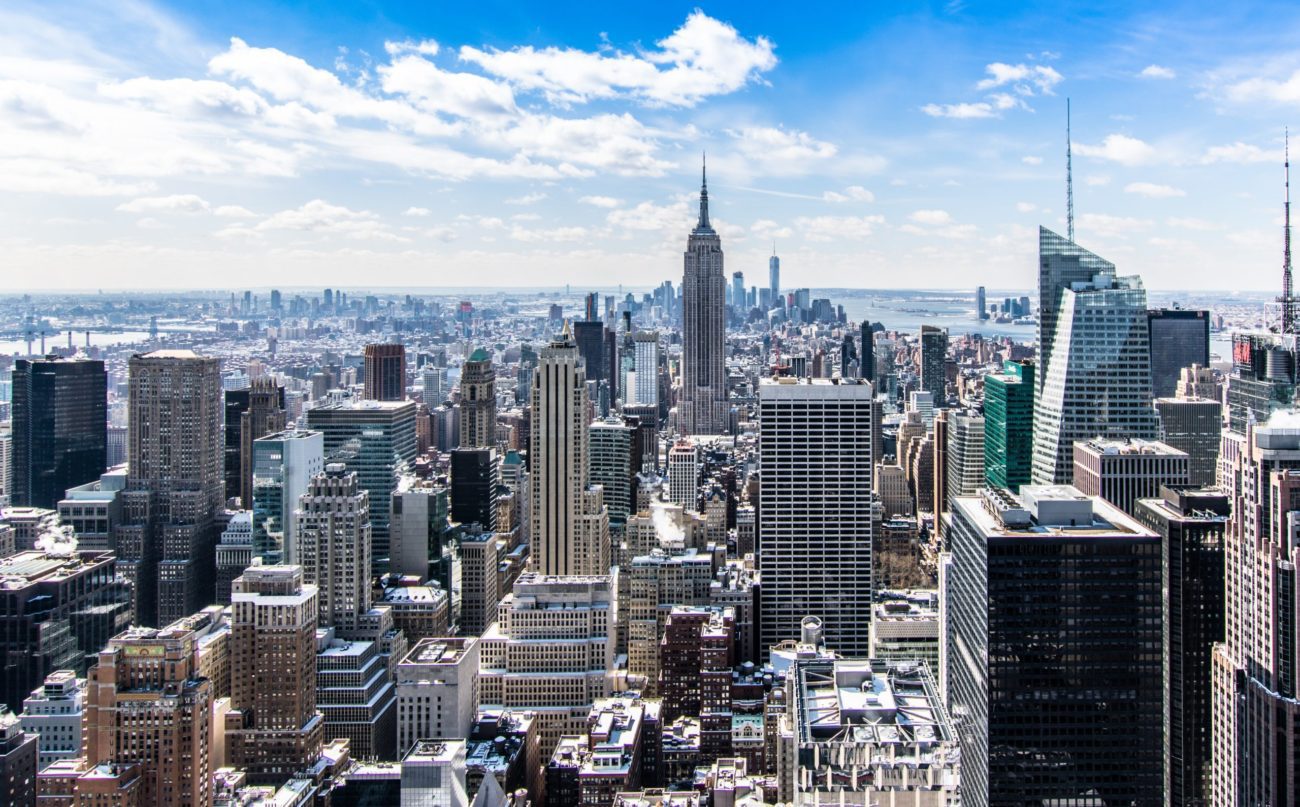
The Brazilian Chamber of Deputies voted yesterday (December 21) to approve bill 3,626/2023, which will regulate sports betting. Igaming was also reintroduced into the bill after it was deleted by the Senate.
The Brazilian Chamber of Deputies has now voted to approve online gambling, giving the final green light to regulate the market in 2024.
Yesterday’s vote on December 21st follows the Senate plenary’s approval of bill 3,626/2023 on Tuesday December 12th last week.
Now that the bill has been approved by the Chamber of Deputies, it will be sent to the Office of the President, Luiz Inacio Lula da Silva, for final approval.
Brazil’s gambling regulation: the final trial
While Brazil’s online gambling regulation bill had already been approved by the Chamber of Deputies in September, the chamber had to vote again to approve changes made to the bill by the Senate last week.
Senator Angelo Coronel introduced the bill to the Senate on December 12th. It contained the latest round of amendments after the bill was first approved by Brazil’s Economic Commission three weeks ago.
The bill faced significant opposition in the Senate, with three key points voted on.
In addition to excluding iGaming, the Senate also voted to exclude virtual games and sports betting terminals. An amendment that would ban the advertising of sports betting in stadiums was also rejected.
All tax recommendations from the Economic Commission on November 22nd were also accepted.
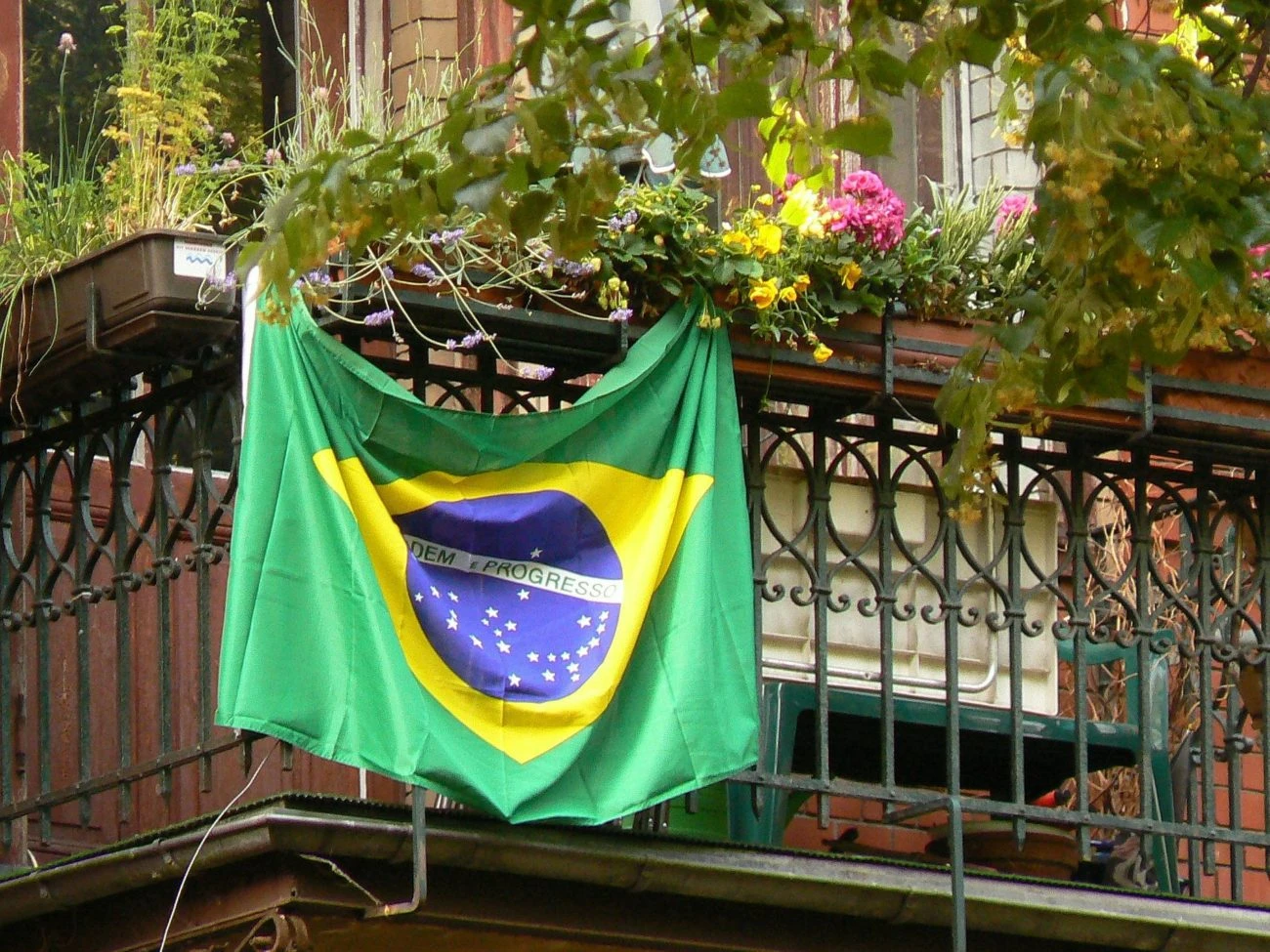
This confirms that the GGR (gross gaming revenue) will be capped at 12% instead of 18%. The taxation of profits was also changed.
Bettors are only taxed once a year at a rate of 15% on their net winnings. This exceeds the allowance of BRL 2,112 (£339/€394/$425).
Licensees must also pay an initial fee of up to BRL 30 million. This gives them the right to operate up to five different brands.
How did iGaming return to Brazilian gambling regulation?
While the Senate voted to remove iGaming from the bill yesterday, the Chamber of Deputies retained the power to overturn the exclusion.
In an interview with iGB earlier this month, Neil Montgomery, founder and managing partner of Brazilian law firm Montgomery & Associados, expected opposition to iGaming from the Senate.
This was particularly true for the Evangelical Parliamentary Front. During yesterday’s vote, MP Eli Borges, an evangelical leader, stressed that “we are taking another step forward to include Brazilian citizens in an unprecedented situation.”
The debate
The president of the chamber, Arthur Lira, responded to Borges’ criticism by emphasizing that the proposal had already been approved in September by the representatives and the Senate, where there had already been compromises on many aspects of the bill.
Lira stressed that the postponement of the vote does not prevent online gaming, but promotes a lack of control and money laundering.
“If we just don’t vote on the regulations, will games no longer exist? Will people stop gambling, betting stop working, and sponsoring teams, events and tournaments? No,” Lira said.
He emphasized that gaming platforms already exist and need regulation. “Here we are not increasing or decreasing, we are trying to regulate and give seriousness [to the sector] to prevent money laundering, for example,” he said.
At the request of the Evangelical Parliamentary Front, all mentions of physical gambling or casinos were omitted from the text.
However, excluding online gambling, it was assumed that projected tax revenues would fall short of original expectations.
Budgets and taxes
With an initial target of BRL 1.6 billion, iGaming’s loss would potentially reach less than half that amount. This was estimated at BRL 700 million. This sum is in stark contrast to what was originally hoped for through taxes and royalties.
In many ways, Neil Montgomery thought approval was almost inevitable. Because “as the federal government pushes for approval to help achieve a zero budget deficit next year.” Montgomery is referring to the Brazilian government’s goal of achieving zero deficit by 2024.
Assuming the President approves the current bill, 36% of the tax will go to sports and 28% to tourism. Public safety initiatives receive 14% and 10% each goes to education and social security.
The value of inspection fees is also expected to change. The calculation is no longer based on the amount of the premium paid. Rather, it will be based on lower GGR values.
Prospective operators must also obtain approval from the Ministry of Finance to operate in Brazil.
To qualify for a license, operators must have a Brazilian partner who holds at least 20% of the company’s capital in the country. They must also have the appropriate cybersecurity systems in place.
The bill also requires operators to implement identification processes. It envisages facial recognition technology as a possible method.
Unlicensed operators are not allowed to advertise in Brazil. Additionally, B2B partners will be prohibited from providing technology to unlicensed B2C companies. Bonuses are also banned.
Gambling regulation: How did we get here?
As we have previously reported extensively on iGB, the history of legalized sports betting and casinos in Brazil has been long and confusing.
The final leg of the journey began in May when the Brazilian government announced PM 1,182 for sports betting.
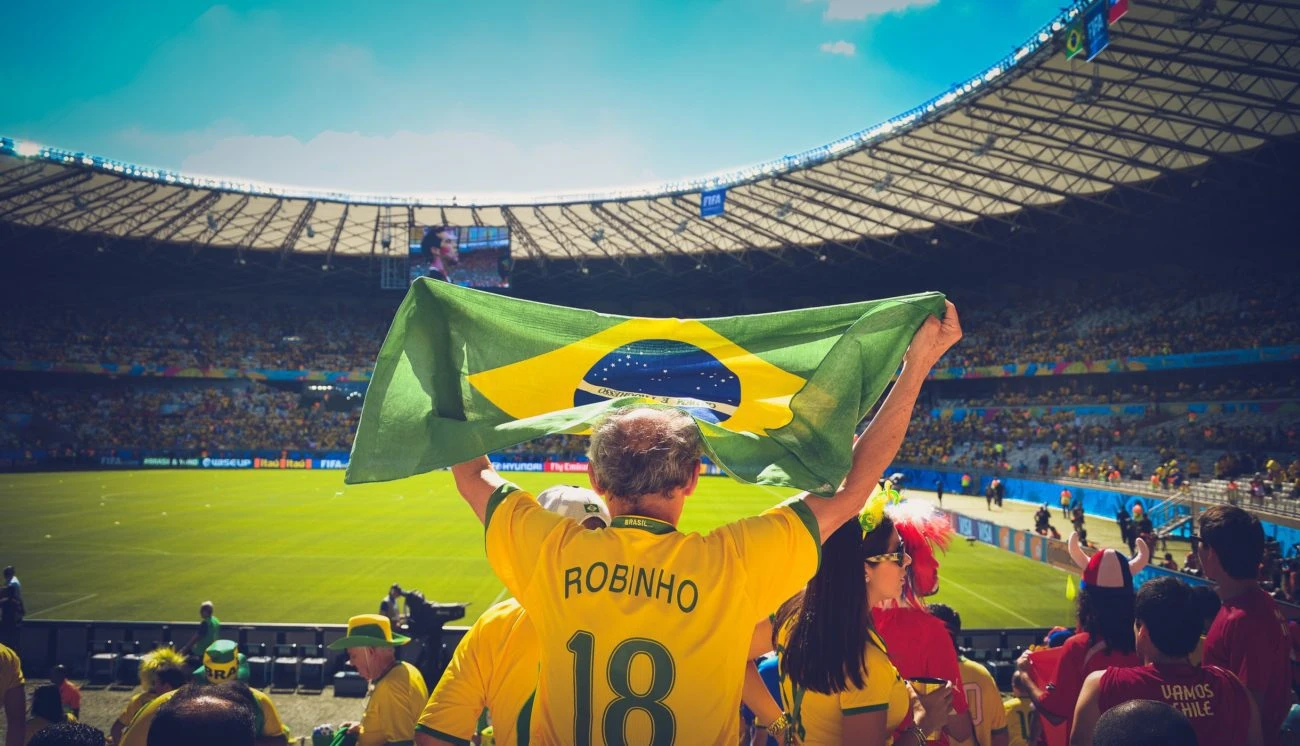
Da Silva gave the prime minister the all-clear. The president then signed the law in July.
The Prime Minister was initially not well received. The main points of contention concerned the tax rate of 18%, advertising restrictions and unclear payment transaction regulations.
Subsequently, Bill 3.626/2023 was introduced, which made changes to PM 1.182.
The biggest change was the addition of an online casino. This was approved by the Chamber of Deputies in September, with the tax rate remaining at 18%.



